Quarterly Skills Share (QSS) sessions are regular opportunities for participants in the CSCCE Community Manager Certification Program to share their knowledge and expertise with each other.
Participants in the Certification Program are expected to present once during the time of their enrollment, and attend (for at least 60 minutes) two additional sessions to support and learn from others in the program.
Quarterly Skills Share sessions are also open to other active CSCCE learners (e.g., those who are currently taking CEF), giving participants the opportunity to raise their profile in the community, get feedback from a broader audience, and make new connections.
Upcoming Quarterly Skills Share sessions
QSS sessions typically take place on the first Wednesday of the third month of each quarter, i.e., March, June, September and December. Speaker availability may occasionally result in changes to this schedule. You can find more information about upcoming QSS sessions on the CSCCE Events calendar.
Past Quarterly Skills Share sessions
QSS25Q4
The temporal aspects of community management: Project managing timelines and workflows across your team and/or community
Pooneh Sabouri, Florida International University
Scaling your schedule: Planning and organizing timelines that grow with your work
Abstract
The STEP UP project management team faces the ongoing challenge of organizing tasks, timelines, and personnel across two institutions in a way that is accessible, easy to maintain, and cost-effective. Pooneh shares her experiences and practical approach for planning, building, and expanding project components using two primary tools: Google Sheets and Asana. She shows how these tools allow her team to organize the established, core activities of the Regional Advocate (Championship) Program alongside dynamic programming (including new communications and workshops), while also integrating adjustments, changes, or expansions.
Jody Peters, University of Notre Dame
Time to vote: Scaffolding for steering committee elections
Abstract
Steering Committee elections are a key method for the Ecological Forecasting Initiative (EFI) to receive community feedback and support a distributive leadership model to provide input and champions for EFI objectives. In this presentation, Jody shares the timeline and scaffolding materials created for the elections, including recruiting candidates and obtaining their statements, the Qualtrics tool used to create and email ballots and reminders to members, and the transition process to onboard the new Steering Committee cohort. In addition to providing community leadership, the yearly elections provide a consistent ritual that supports community cohesion, allowing members to engage by sharing their vision for the community as candidates and having a voice in who is providing leadership as voters.
Saranjeet Kaur Bhogal, Imperial College London
Community management – the GitHub way
Abstract
In this talk, Saranjeet demonstrates how GitHub can make community management tasks smoother and more efficient. She shares practical examples of templates that help track and manage repetitive tasks, such as planning an event, creating a checklist for a community newsletter. Furthermore, she showcases an example of how to use GitHub Project Boards to organize your workflows. These approaches are useful for managing a small local group as well as a large online community. This session shows how GitHub can help save time, stay organized, and focus more on building meaningful connections.
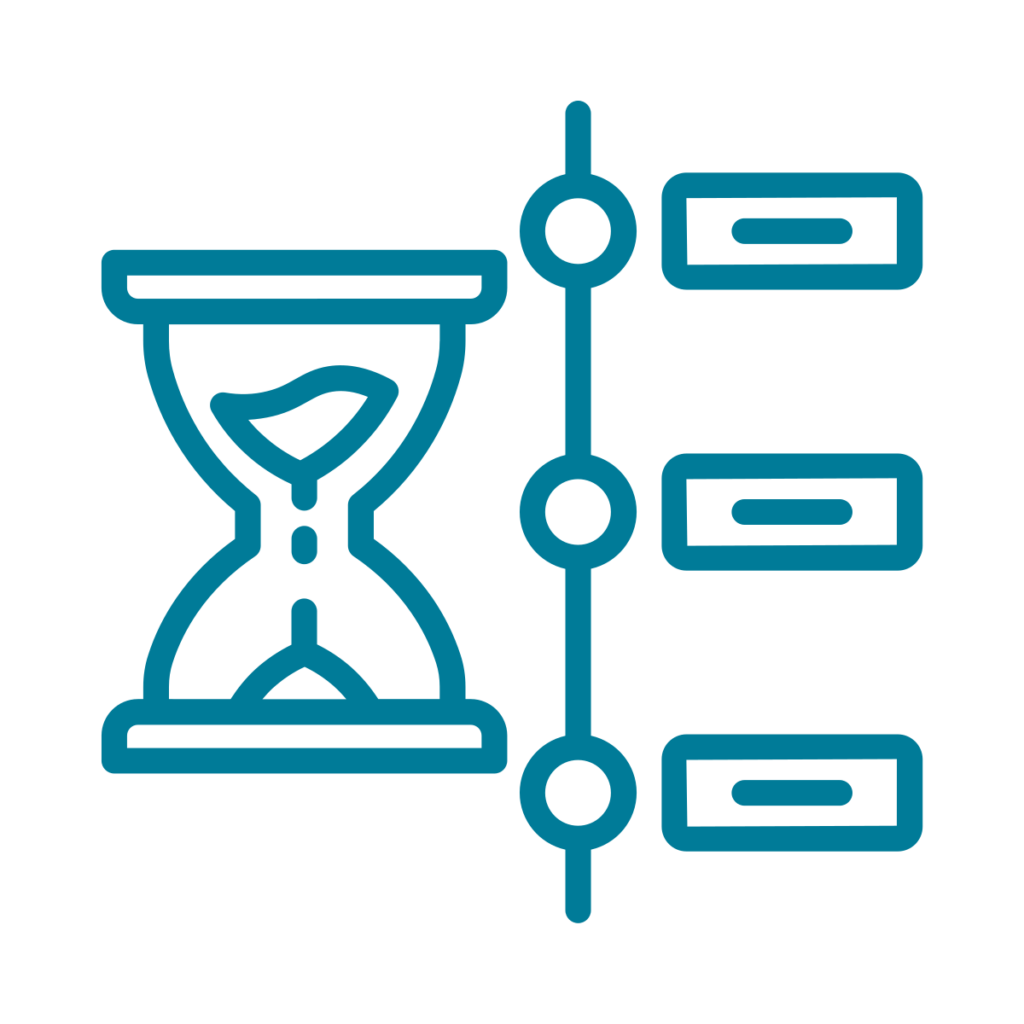
QSS25Q3
Guiding your community members towards a shared purpose
Brielle Bennett, American Geophysical Union (AGU)
Designing for connection: How member feedback sparked values-driven community building
Abstract
In this session, Brielle shares how she used member feedback to design a values-based activity that helped re-ground the AGU Diversity and Inclusion Advisory Committee during a time of uncertainty. Drawing on survey responses ahead of the committee’s first in-person meeting, she created an exercise to center personal and collective values—sparking connection and optimism. Brielle walks through the process of turning pre-meeting input into a meaningful shared experience, how it shifted the tone of the meeting, and the steps she’s taking to socialize the committee’s new values and vision moving forward. This talk offers a practical example of how community managers can respond to feedback, foster belonging, and build momentum through intentional design.
Curtis Sharma, 4TU.ResearchData
By the community for the community: Change through consensus
Abstract
Implementing the FAIR (Findable, Accessible, Interoperable, and Reusable) principles for scientific data management in machine learning (ML) and artificial intelligence (AI) offers numerous benefits, including higher model reliability, more collaborative research, and greater reproducibility. Despite these advantages, there is a lack of clear, practical guidelines for improving the FAIRness of ML/AI outputs, especially the models. One of the tasks for Skills4EOSC was to arrive at low-threshold guidelines that researchers would feel are important and feasible to implement, and would positively impact the quality of their work. However, Curtis’ team faced a few challenges, including the fact that none of them were AI experts or researchers. They also wanted to maximise the chances that recommended practices would be taken up by the community. A solution: to involve the community from beginning to completion at every step. In this talk, Curtis shares the methodology employed and the resulting “Top 10 FAIR Data Things in AI.”
Zoë Leanza, Sage Bionetworks
Three things: Data, Community, Opportunity…are you getting it? How participation in the AMP-AD program positively impacts individual researchers
Abstract
In this presentation, Zoë shares findings from her team’s qualitative research focused on evaluating the ways in which participation in the Accelerating Medicines Partnership for Alzheimer’s Disease (AMP-AD) program influences individual researchers. Through a comprehensive study, they examined how access to large-scale, multi-modal data and structured multidisciplinary collaboration contribute to the research outcomes and professional growth of program participants.
Zoë highlights the key results and formative insights from the research, and how individual researchers have been impacted by a collaborative, data-driven approach to tackling complex scientific questions. Additionally, she explores the value of integrating qualitative data and participant testimonials into strategic planning efforts, offering a deeper understanding of the human side of scientific progress and how it can inform future initiatives.
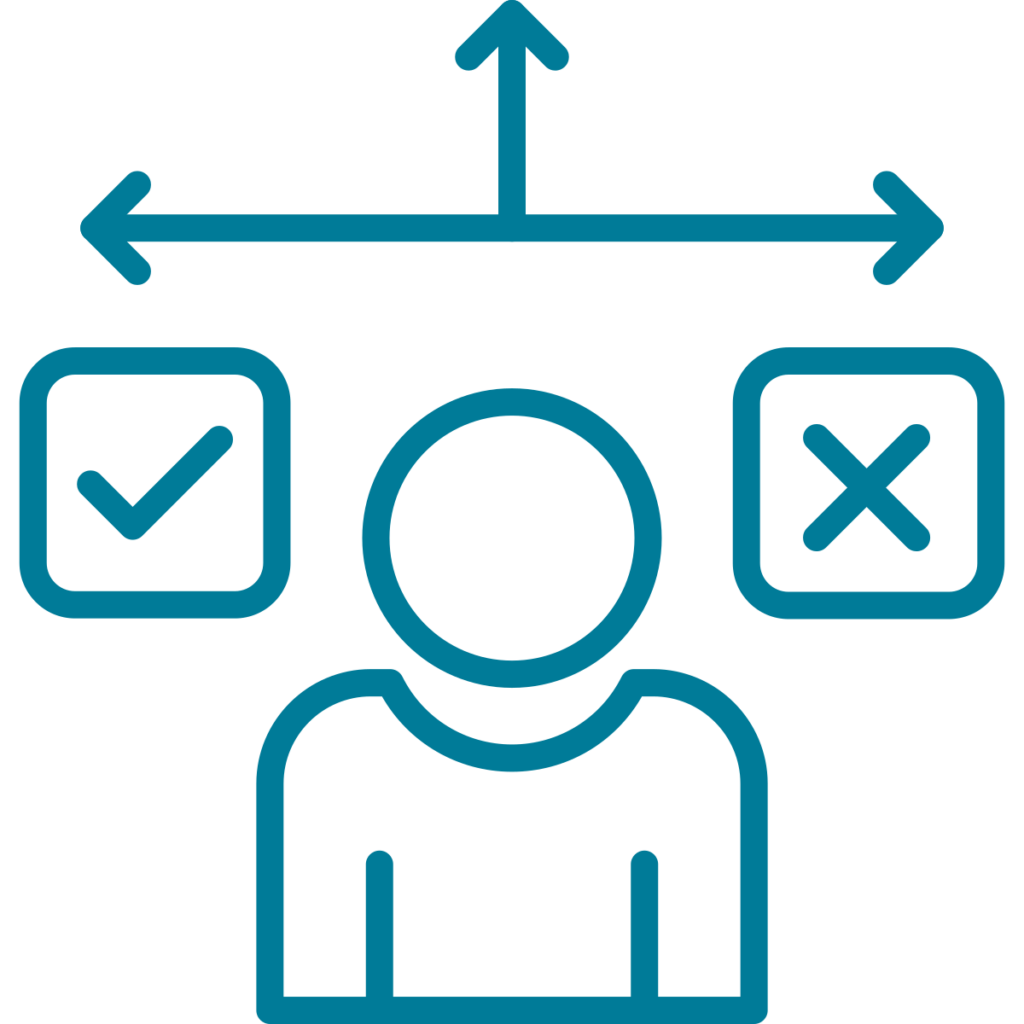
QSS25Q2
Behind the scenes of community activities: Planning, managing, and delivering complex projects
Yan Kay Ho, Reclone Community Network
Behind the scenes of community activities: project management, online coordination, and supporting volunteers – a brief overview
Abstract
Being a (scientific) community manager isn’t that much different from being a project manager. We generally have in mind an overview of why our community exists, for whom, and the value we hope to build. We connect with people: contributors who help us run the community, stakeholders who support our activities, and members who engage and benefit from joining in. And in most cases we deliver an output, be it convening small regular meetings, inter-community annual symposia, or project tasks to produce more tangible products that can be used to improve the community and beyond. In this QSS talk, Yan Kay gives her perspective of how they used some project management tools to help support the development of the Reclone Community.
Sophie Bui, Center for Digital Agriculture/National Center for Supercomputing Applications
Planning for Success: Project Management Tools and Tips for Scientific Community Managers
Abstract
This practical session is designed to equip scientific community managers with foundational project management strategies tailored to their unique challenges. In this presentation, Sophie highlights essential planning principles, introduces some accessible tools such as ClickUp and Google Apps, and offers actionable tips to improve collaboration, track progress, and manage scope effectively. Whether organizing events, supporting research initiatives, or coordinating cross-institutional efforts, Sophie offers adaptable techniques to streamline your work and increase project impact.
Alessandra Soro, 4TU.ResearchData
Large event co-creation: Open and FAIR event in the Netherlands
Abstract
Over the past 3 months, Alessandra has been organizing the Open and FAIR in NES (Natural and Engineering Sciences) conference, held in Utrecht (NL) on 22-23 May 2025. In this lightning talk, she shares the collective vision that inspired the event and the challenges of organizing and co-creating an event with community members. Her presentation includes information about the tools and methodologies she applied to engage with members, stakeholders, and esports.
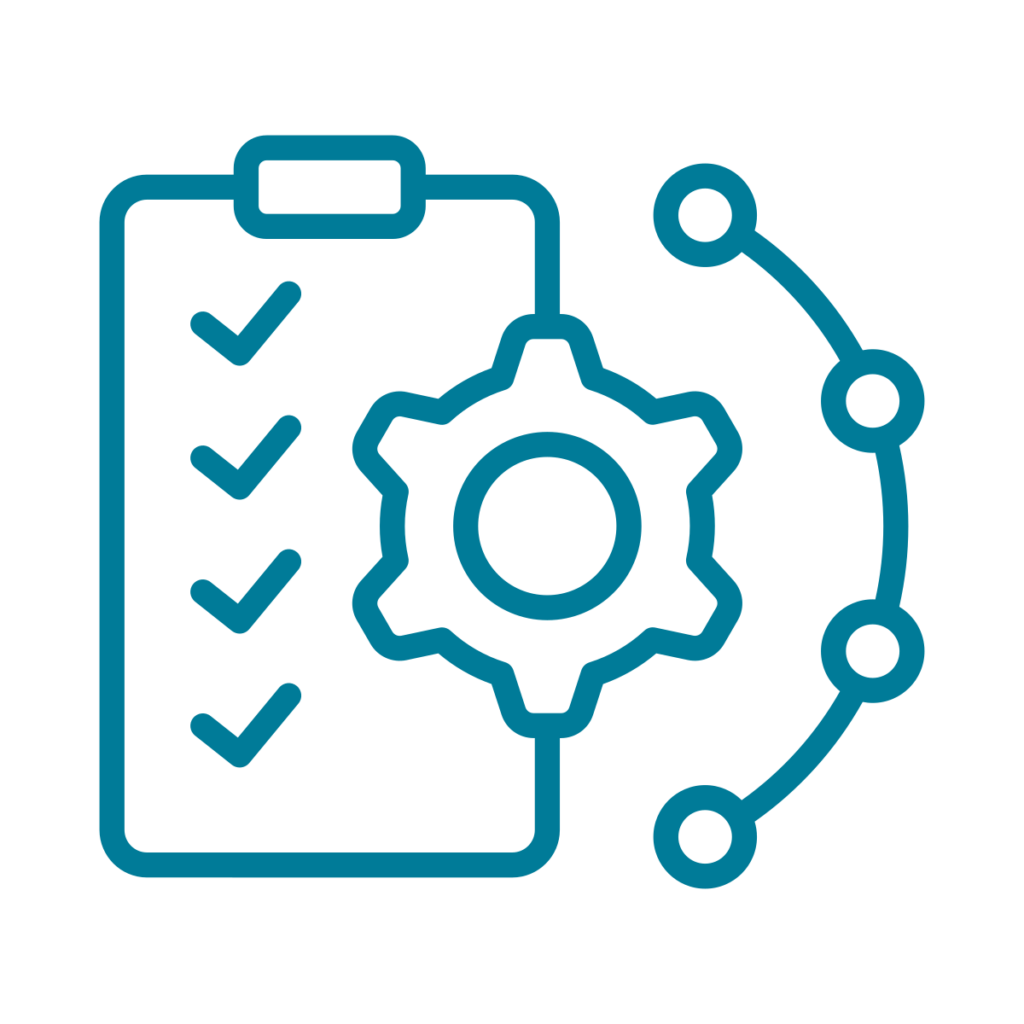
QSS25Q1
Co-creating community outputs and activities with your members
Lena Karvovskaya, TU Delft
Elevating community-led digital curation resources to an institutional level
Abstract
Lena presented the VU Research Support Handbook, a collaborative handbook that is community-driven and -maintained. Inspired by community-led resources like the Turing Way, VU Amsterdam colleagues used an open Github format to co-create guidelines that are relevant, up-to-date, and useful to the community. The handbook is meant to complement official university webpages, which are managed by the university-wide communications department. Such institutional pages are challenging to update according to the user needs – they risk becoming outdated and disconnected from the daily life of researchers and their needs. Lena shared some of the community’s successes and highlights the challenges they encountered.
Allie Lau, American Physical Society (APS)
Community co-creation for culture change
Abstract
The Joint Network for Informal Physics Education and Research (JNIPER) is a community of practice for people who facilitate, design, or study informal physics education activities and programs. In the Summer of 2024, members of the community gathered to discuss concrete steps for effecting a cultural shift in physics such that public engagement is widely recognized as an essential disciplinary practice. These discussions resulted in a roadmap for how JNIPER can help advance the desired culture change. Allie shared how the community was integral in drafting this plan, as well as a new co-created community resource that came out of the roadmap.
Johanssen Obanda, Crossref
Sharing power through co-creation
Abstract
Co-creation is more than just collaboration, it’s a shared process of designing solutions that truly reflect community needs. Obanda’s presentation went behind the scenes of his journey with Crossref Ambassadors as they prepared for co-creation, from setting the stage to developing a collective approach. He showcases the projects proposed by Ambassadors, highlighting the challenges, successes, and lessons learned. He also explored practical steps for preparing for co-creation, why it matters and how to make it work effectively within regional and global communities. The Crossref Ambassador Program is a network of volunteers who support their local communities in understanding and using Crossref’s services, building connections, and driving engagement in the scholarly ecosystem.
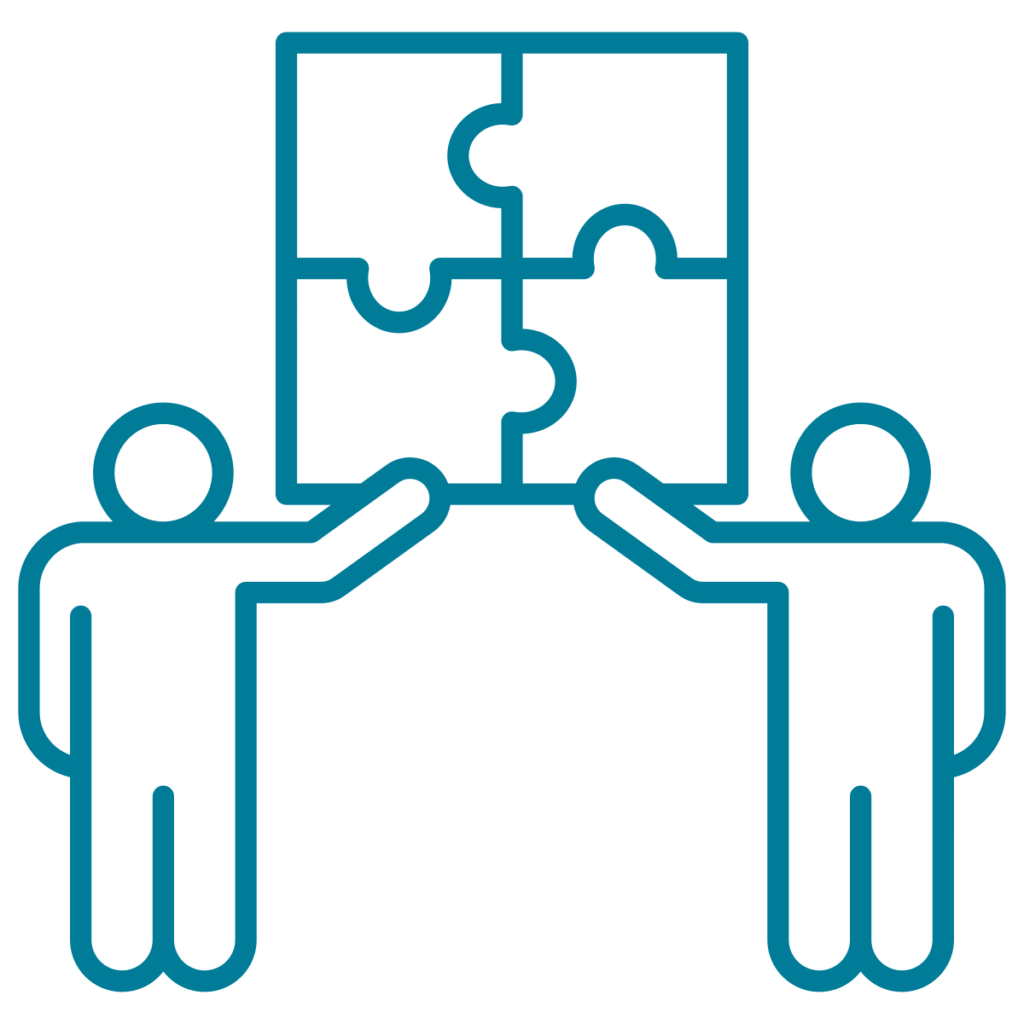
QSS24Q2
Facilitating stakeholder meetings
Maria Doyle, Bioconductor
Facilitating Online Stakeholder Meetings for a Global Scientific Community
Abstract
Convening online meetings with a global community of stakeholders—including a mix of volunteers and project leads—presents unique challenges, from managing time zones to encouraging inclusive and sustained engagement. In this talk, Maria shared some approaches she’s exploring for setting clear objectives, guiding discussions, and keeping virtual meetings purposeful and rewarding. She also touched on common challenges and invited participants to share tips on effective practices for these complex gatherings.
Rieley Auger, Global Land Programme
Facilitating in-person gatherings for a global community, small and large
Abstract
The logistics of in-person meeting with a scientific community can be daunting but also rewarding. It is important to be intentional about the few in-person meeting times your community has in order to prioritize meaningful conversations. During this time, we will explore the many sides of planning, logistics, and facilitating in-person meeting time to get the most use of collaborative time together.
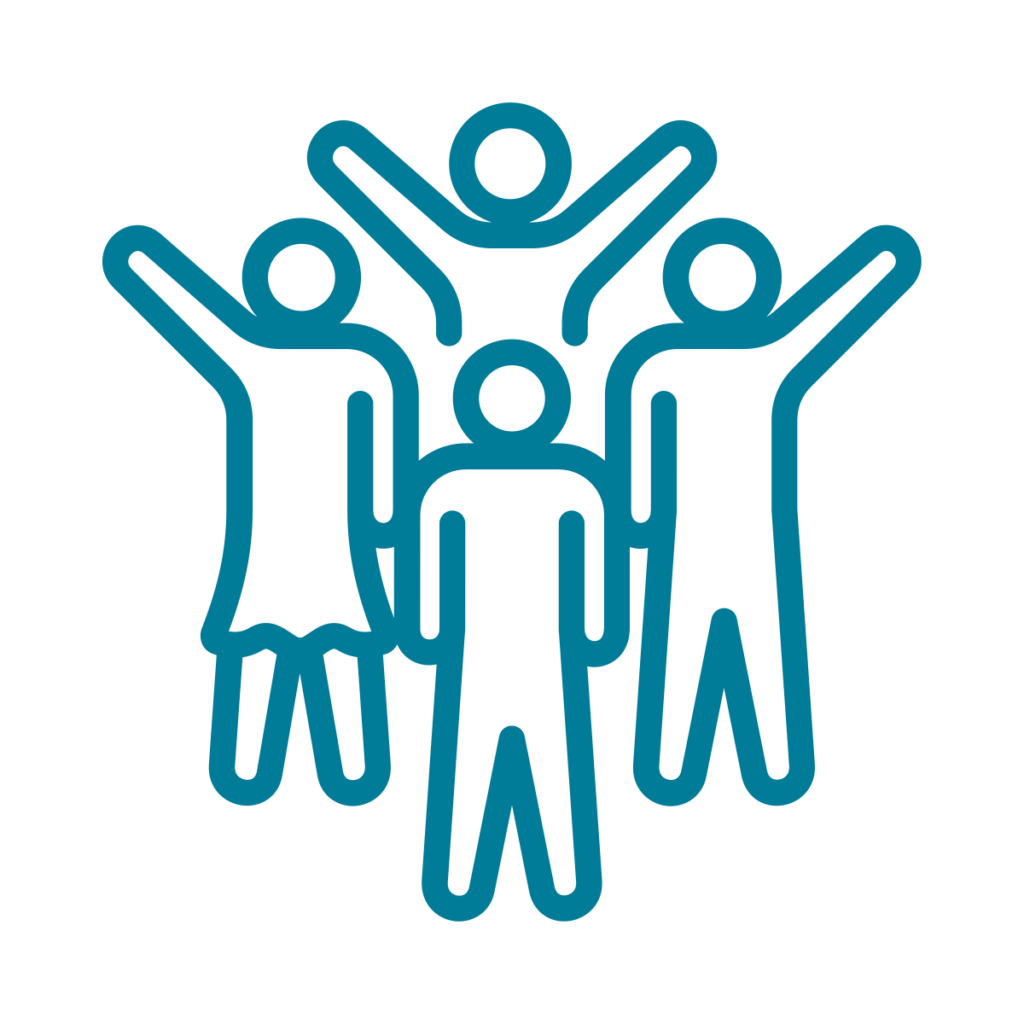
QSS24Q3
Coordinating connections: how do we tactically strengthen relationships and strategic partnerships?
Miriam Krause, NSF Center for Sustainable Nanotechnology
Tools, strategies, and systems for understanding community participation needs
Abstract
The NSF Center for Sustainable Nanotechnology is a multi-institute Center for Chemical Innovation that has been funded by the U.S. National Science Foundation since 2012. With up to 13 research groups spread across 10 universities and national labs, the majority of collaborative operations have had to be virtual throughout the lifetime of the center. They used a variety of tools and strategies, including coordinating between virtual and in-person activities and adapting to changing preferences of center members, in order to support strong communication and community building. In her role as the CSN’s Director of Education, Outreach, & Diversity, Miriam shared some examples of these tools and strategies to prompt discussion about developing and evolving systems to match participants’ needs.
Zachary Baker, Open Molecular Software Foundation
How OMSF thinks of community infrastructure
Abstract
For open science projects hosted by OMSF, maintaining clarity, focus, and adaptability is paramount. This need is exacerbated by their virtual landscape. Zach explored the role of infrastructure in achieving project goals. By aligning infrastructure with project objectives, teams can streamline operations, enhance communication, and foster an iterative approach that drives continuous improvement. He offered a quick demonstration of how OMSF thinks of this infrastructure, as well as describing their best practices.
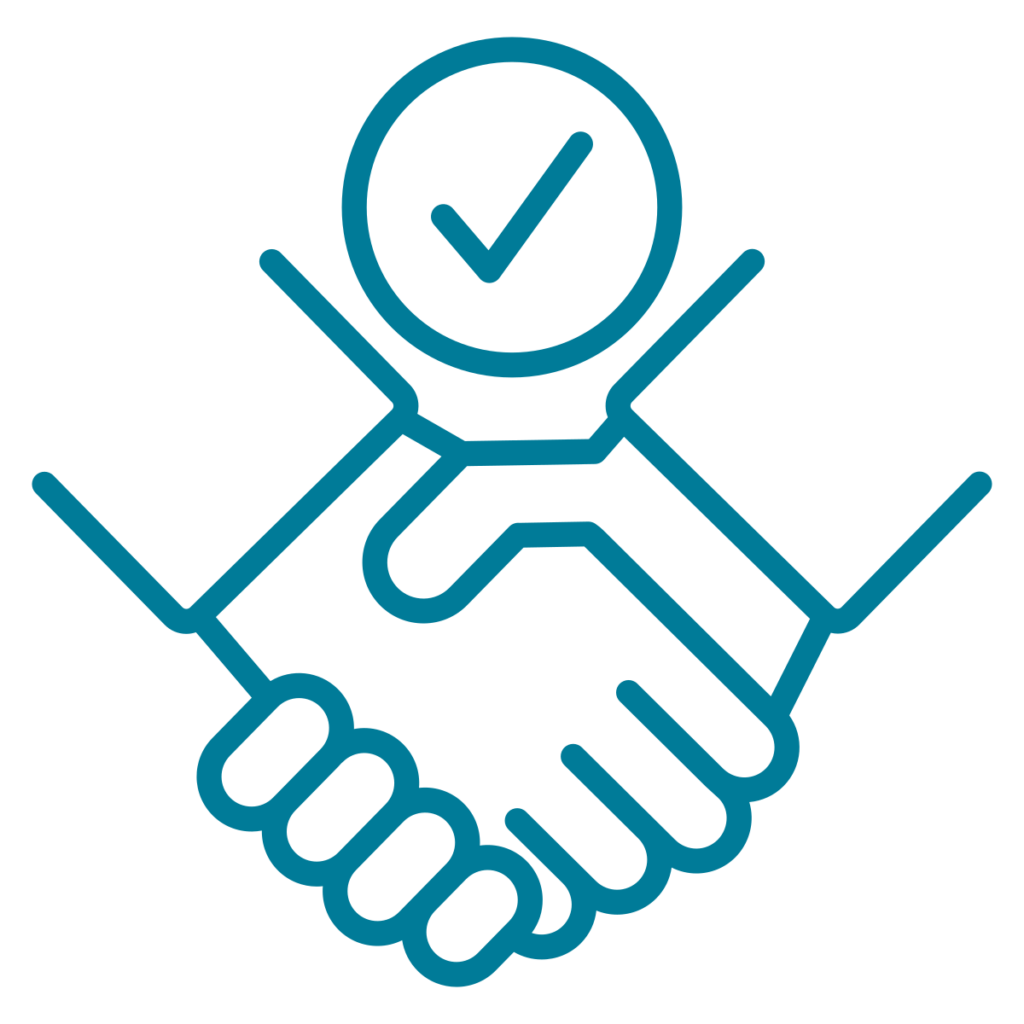
QSS24Q2
Navigating community management in a large, complex organization
Lizzie Krisch, RockEDU
Establishing a community management role at a research institution
Abstract
At research institutions where community manager is not currently a recognized job title, those carrying out the role often have to advocate for updates to position descriptions. They may also have to work to solidify community buy-in, and could adopt a scientific model of failure and iteration to drive progress.
Erin Conn, American Association for the Advancement of Science (AAAS)
Remaining agile in a slow-moving organization
Abstract
Embedding community management within a well-established organization can involve carefully reconciling organization position descriptions with the work that community managers undertake. Additionally, it can involve existing community managers within the organization advocating for embedding community management activities across projects.
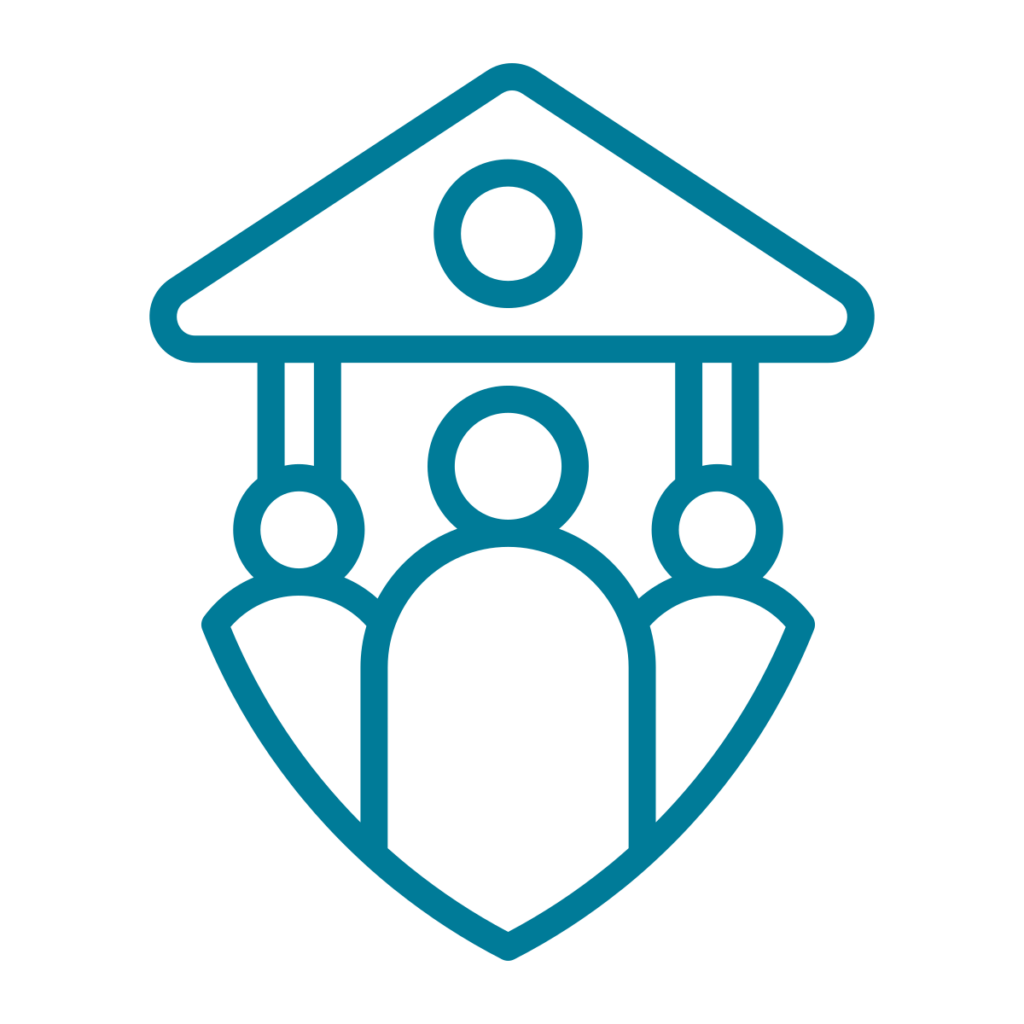
How to attend a QSS
Attendance at QSS is by invitation only.
Current participants in the Certification Program can register for any upcoming session via a private Eventbrite link that they will receive via email (unlimited participation is included in the registration fee for pre-paid participants; PAYG participants can purchase a ticket for QSS via a private Eventbrite link).
We also extend an invitation to QSS to recent and/or current participants in other CSCCE trainings (e.g., general registrants in a current cohort of Scientific Community Engagement Fundamentals).
If you would like to learn more about ways of accessing future QSS sessions, please reach out to training@cscce.org.